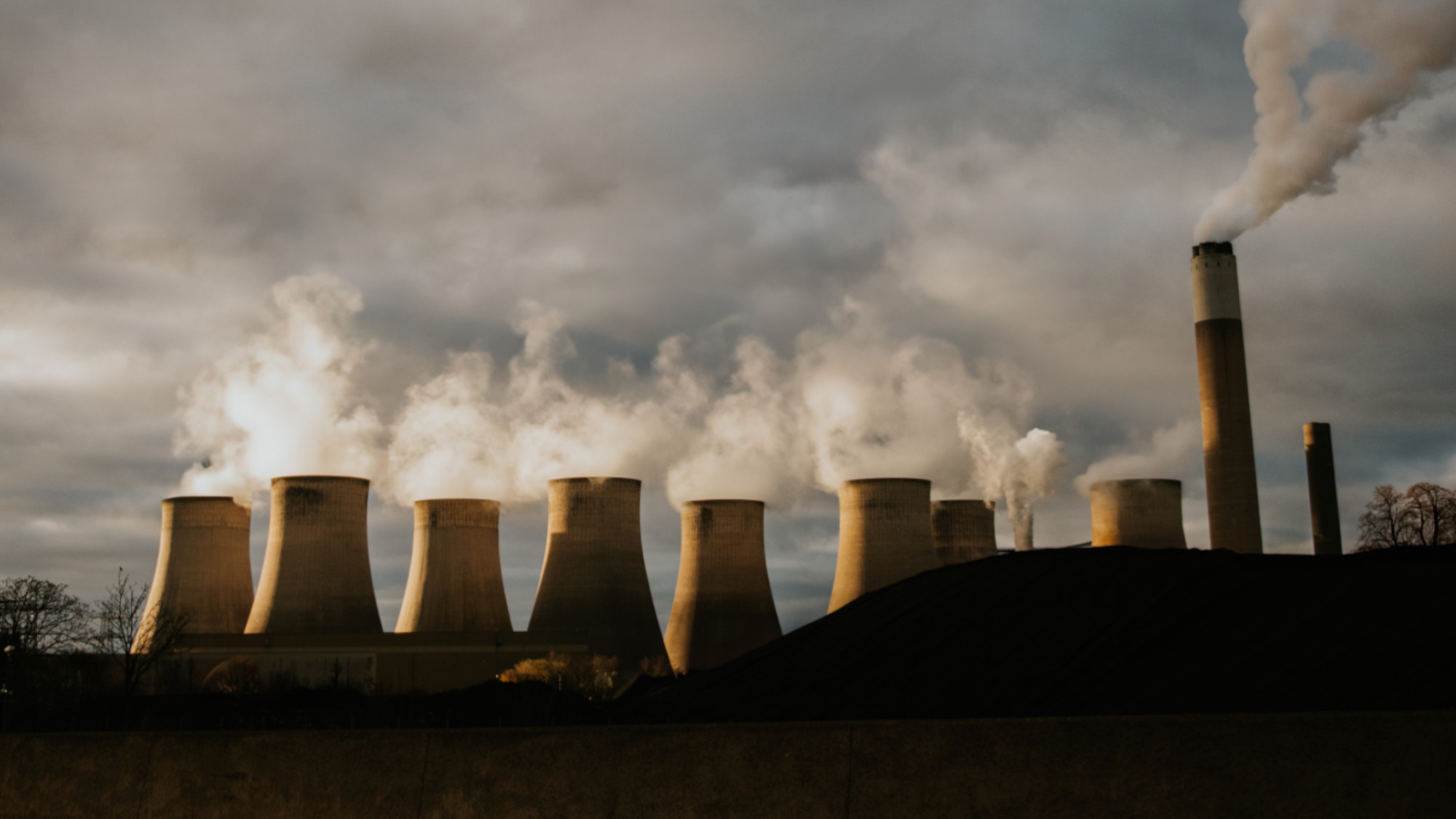EPA: A bonfire of climate change regulations
The Environmental Protection Agency wants to roll back its 'endangerment finding,' a ruling that lets the agency regulate carbon emissions

A free daily email with the biggest news stories of the day – and the best features from TheWeek.com
You are now subscribed
Your newsletter sign-up was successful
The Trump administration is trying to "unmake virtually all climate regulations in one fell swoop," said Dharna Noor and Oliver Milman in The Guardian. The Environmental Protection Agency last week unveiled a proposal to rescind its 2009 "endangerment finding"—the scientific conclusion that carbon dioxide poses a threat to human health. Without that finding, the EPA would lose its ability to limit planet-heating pollution from vehicles, power plants, and oil wells, despite the overwhelming scientific consensus that "a swift reduction in these emissions is needed to avert catastrophic global warming." The Trump administration's argument for rescinding is "a medley of strained legal and scientific arguments," said Jody Freeman in the Los Angeles Times. It attacks the scientific basis for the finding, "calling it unreliable" based on a report "by five hand-picked scientists known for their outlier views," and then "claims that regulating greenhouse gases simply costs too much and accomplishes too little." A lengthy court fight is ahead. But even if this fossil-fuel-loving administration loses, it will win "by paralyzing climate action for years."
The EPA is simply looking to "undo what Congress never gave the agency the authority to do," said The Wall Street Journal in an editorial. The Clean Air Act authorizes the agency only to control pollutants that directly harm human health, like ozone, particulate matter, and sulfur dioxide. But higher atmospheric levels of greenhouse gases "won't make you sick," and their climate effects depend on "sundry variables" like cloud cover, which the EPA can't regulate. Democrats will likely sue to block the proposal when it becomes final, and "that would make the administration's day." Current Chief Justice John Roberts wrote the dissent in the 2007 case that paved the way for the endangerment finding—calling material loss from carbon emissions "pure conjecture"—and the rest of the court's conservative majority likely shares that opinion.
If we can't appeal to the law to halt this dangerous proposal, "maybe we can appeal to math," said Mark Gongloff in Bloomberg. EPA head Lee Zeldin has called scrapping the endangerment finding an "economic issue," promising it would result in "over a trillion dollars in savings" by freeing companies from regulation. But the economic damage from U.S. carbon emissions alone could hit "a blistering $87 trillion through 2050" according to one study, as a warmer atmosphere supercharges hurricanes, floods, droughts, and wildfires. And the more Zeldin and Trump undo climate progress, the higher that cost will rise. "That trillion dollars gets less significant by the hour."
The Week
Escape your echo chamber. Get the facts behind the news, plus analysis from multiple perspectives.

Sign up for The Week's Free Newsletters
From our morning news briefing to a weekly Good News Newsletter, get the best of The Week delivered directly to your inbox.
From our morning news briefing to a weekly Good News Newsletter, get the best of The Week delivered directly to your inbox.
A free daily email with the biggest news stories of the day – and the best features from TheWeek.com